A Schizophrenia Overview: Symptoms, Types, and Diagnostic Criteria
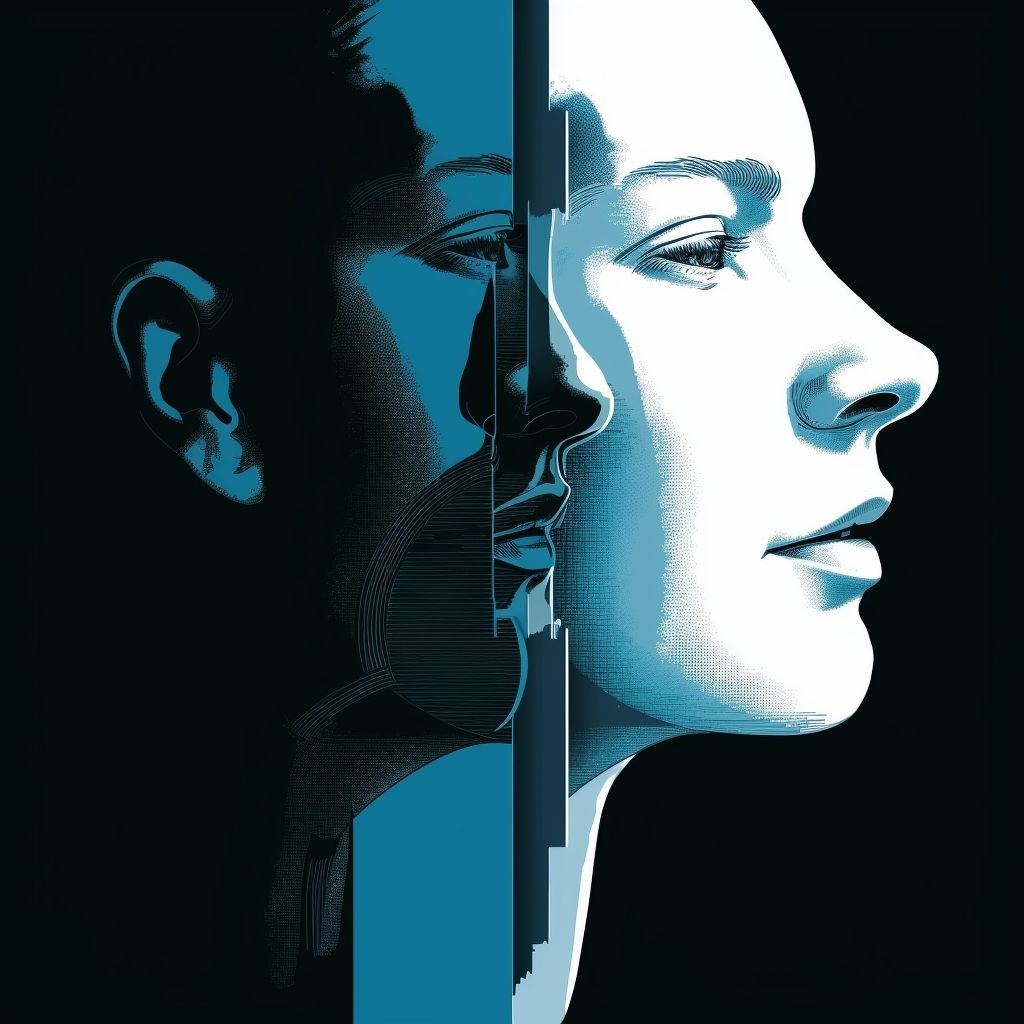
Schizophrenia is a complex and often misunderstood mental disorder that profoundly affects the lives of millions of people worldwide. According to the World Health Organization, schizophrenia is estimated to affect about 20 million individuals globally.
The primary aim of this article is to provide a comprehensive understanding of schizophrenia by exploring its symptoms, potential causes, available treatment options, and coping strategies for both individuals with schizophrenia and their friends or family members.
What is Schizophrenia?
Schizophrenia is a chronic and severe mental disorder that profoundly affects a person’s thoughts, emotions, and behavior. Contrary to popular misconceptions perpetuated by the media, schizophrenia is not a split personality or multiple personality disorder. Instead, it is characterized by disruptions in cognition and emotional regulation, leading to difficulties in perceiving reality accurately.

One common misconception is that individuals with schizophrenia are inherently violent. However, research shows that people living with schizophrenia are more likely to be victims of violence rather than perpetrators. The majority of individuals with schizophrenia are non-violent and pose no danger to others.
Schizophrenia can significantly impact various aspects of daily life, relationships, and work. It can impair an individual’s ability to maintain employment or pursue education, often leading to a decrease in their overall quality of life. Relationships with family and friends may become strained due to the complexities of the disorder, and social interactions might be challenging for the affected individual.
In the workplace, schizophrenia can present unique difficulties, as symptoms may interfere with cognitive abilities, concentration, and interpersonal skills. However, with appropriate treatment and support, many individuals with schizophrenia can still lead fulfilling and productive lives.
What are the Types of Schizophrenia?
There are several types of schizophrenia, and the classification may vary depending on the diagnostic criteria. According to the Diagnostic and Statistical Manual of Mental Disorders (DSM-5), the main types of schizophrenia include:
- Paranoid Schizophrenia
- Characterized by prominent delusions and auditory hallucinations.
- Delusions often center around persecution or grandiosity, leading to feelings of being threatened or mistrustful of others.
- Disorganized Schizophrenia (formerly Hebephrenic)
- Marked by disorganized thinking, speech, and behavior.
- Individuals may have difficulty expressing coherent thoughts and engaging in goal-directed activities.
- Catatonic Schizophrenia
- Involves disturbances in motor behavior, ranging from decreased movement (catatonic stupor) to excessive and purposeless activity (catatonic excitement).
- Catatonic symptoms can significantly impact daily functioning and communication.
- Undifferentiated Schizophrenia
- A category used when the symptoms do not clearly fit into any specific subtype of schizophrenia.
- This classification is typically used when an individual exhibits a combination of symptoms from different types of schizophrenia.
- Residual Schizophrenia
- Occurs when an individual has previously experienced a major schizophrenic episode but currently displays milder or residual symptoms.
- Symptoms may include social withdrawal, odd beliefs, or disorganized thinking without the intensity seen in the acute phase of the disorder.
What Causes Schizophrenia?

The exact cause of schizophrenia remains unknown. While researchers have made significant strides in understanding the disorder, no single cause can explain its development. Schizophrenia is considered a multifactorial condition, meaning it arises from the combination of multiple influences. Below are various risk factors associated with the development of schizophrenia:
- Genetics: Family history plays a significant role in the risk of developing schizophrenia. Individuals with a first-degree relative (parent or sibling) who has schizophrenia have a higher likelihood of developing the disorder themselves. However, genetics alone cannot fully explain schizophrenia, as the condition can also occur in individuals without a family history of the disorder.
- Neurobiological Factors: Imbalances in brain chemicals (neurotransmitters), particularly dopamine and glutamate, are thought to be involved in the development of schizophrenia. Abnormal brain structure and function, such as reduced gray matter volume or altered connectivity between brain regions, have been observed in individuals with schizophrenia.
- Prenatal Factors: Adverse prenatal experiences, such as maternal infections during pregnancy, maternal stress, complications during birth, and exposure to certain toxins or drugs, have been associated with an increased risk of schizophrenia later in life.
- Environmental Factors: Exposure to certain environmental stressors during childhood or adolescence, such as trauma, neglect, or abuse, may contribute to the development of schizophrenia in susceptible individuals.
- Substance Abuse: Use of psychoactive substances, especially cannabis, during adolescence or early adulthood has been linked to an increased risk of developing schizophrenia, particularly in individuals with a genetic predisposition.
- Autoimmune Disorders: Some studies suggest a potential link between autoimmune disorders and an increased risk of schizophrenia. Autoimmune conditions that involve inflammation and immune system dysfunction may contribute to the development of the disorder in susceptible individuals.
- Urban Environment: Growing up or living in urban areas has been associated with a slightly higher risk of schizophrenia. Factors related to city living, such as social stress, pollution, and lack of green spaces, may play a role in this association.
- Gender and Age: Schizophrenia tends to emerge in late adolescence or early adulthood, with men typically experiencing symptoms earlier than women. The reasons for these gender and age differences are not entirely understood.
Schizophrenia Symptoms
Schizophrenia presents a wide range of symptoms that can be classified into four main categories: early, severe, positive, and negative symptoms. Each category encompasses distinct aspects of the disorder, offering a comprehensive understanding of its impact on an individual’s mental and emotional well-being.
Early Symptoms
Early symptoms of schizophrenia are the initial signs that may appear before the full-blown onset of the disorder. These symptoms are often subtle and may not be immediately recognized as indicators of schizophrenia. However, they can serve as warning signs, suggesting the need for early intervention and support.
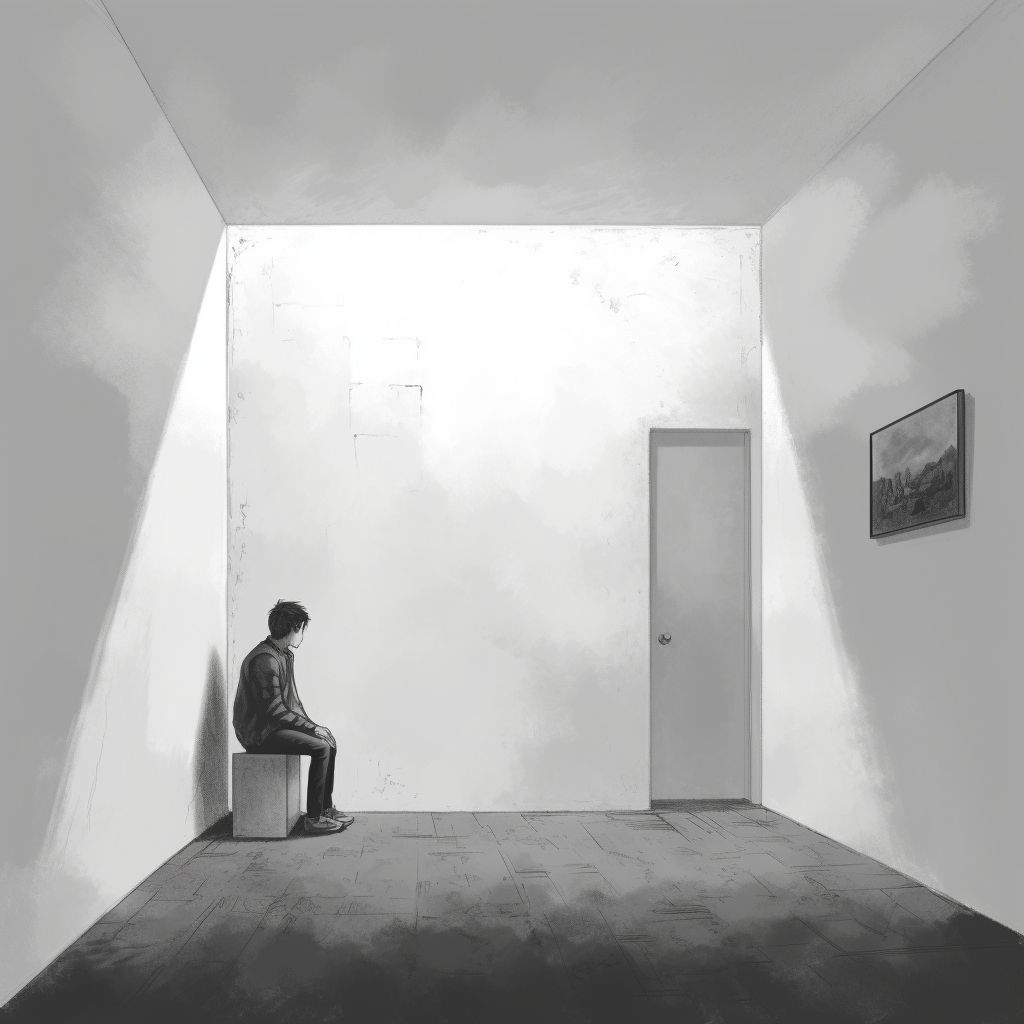
- Social withdrawal: A tendency to isolate oneself from social interactions and avoid meaningful relationships.
- Reduced motivation: Decreased drive and initiative to engage in activities or pursue personal goals.
- Difficulty concentrating: Impaired ability to focus, resulting in challenges with memory and cognitive tasks.
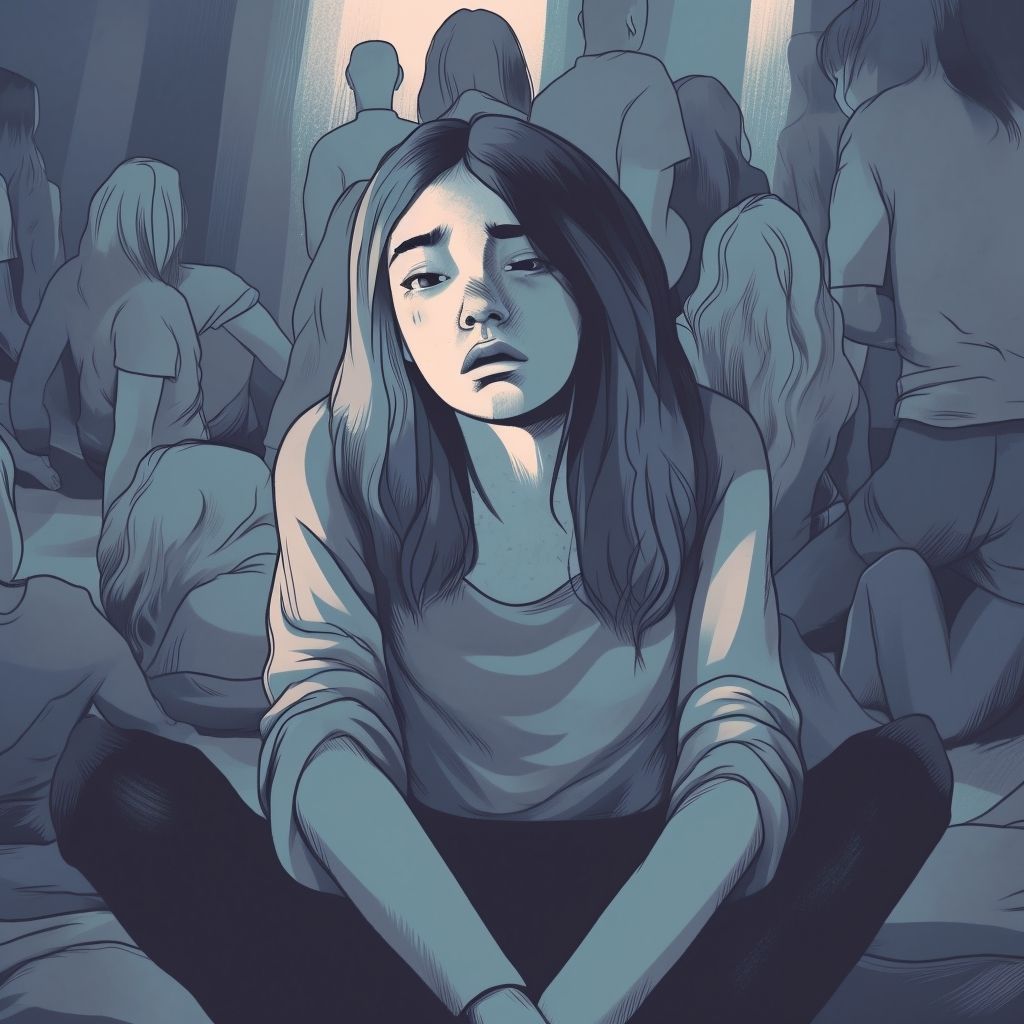
Severe Symptoms
Severe symptoms of schizophrenia are the hallmark characteristics of the disorder and are more pronounced and disruptive in nature. These symptoms significantly impact an individual’s thoughts, emotions, and behavior, leading to profound disturbances in their perception of reality.
- Fixed false beliefs that are resistant to reasoning or evidence, often leading to paranoia or feelings of persecution.
- Sensory perceptions that are not based on external stimuli, commonly manifesting as hearing voices.
- Incoherent and disjointed speech patterns that make communication challenging.
- Unusual movements or complete lack of purposeful actions.
- Catatonia: A state of unresponsiveness, wherein the individual may remain motionless or exhibit excessive, purposeless movement.
Positive Symptoms
The term “positive” does not mean these symptoms are beneficial; rather, it denotes their presence. Positive symptoms represent an excess or distortion of normal functioning. They refer to experiences or behaviors that are present in individuals with schizophrenia but absent in healthy individuals.

- Delusions
- Hallucinations
- Disorganized speech
- Muddled thinking
- Disorganized or abnormal motor behavior
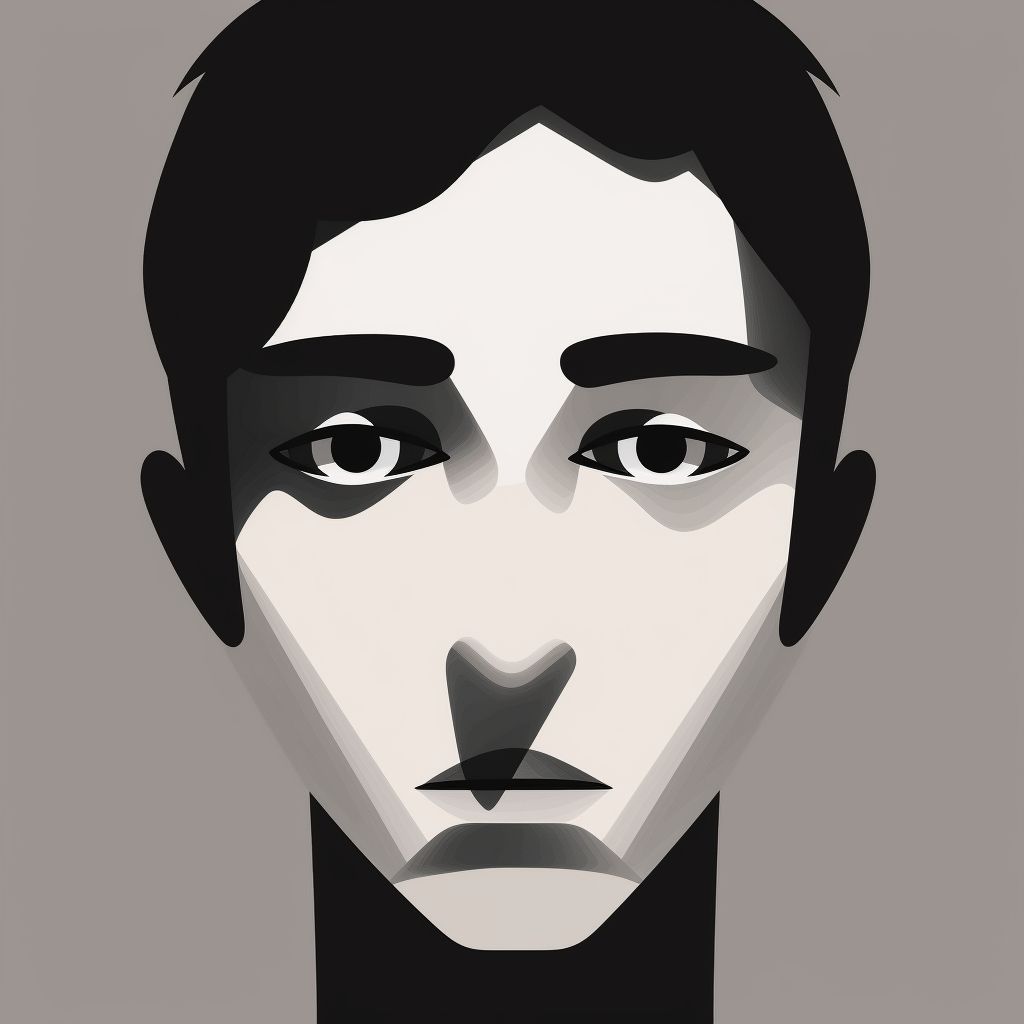
Negative Symptoms
Negative symptoms, on the other hand, represent a decrease or loss of normal functioning. They involve deficits in emotional expression, motivation, and social engagement. Negative symptoms can severely impact an individual’s ability to experience pleasure, initiate and sustain activities, and maintain social relationships.
- Affective flattening: Reduced display of emotions, including facial expressions and voice modulation.
- Alogia: Diminished speech output, resulting in a decrease in the amount of spoken content.
- Anhedonia: Inability to experience pleasure or interest in previously enjoyable activities.
- Avolition: Decreased ability to initiate and sustain purposeful activities.
Hallucinations and Delusions
Hallucinations and delusions are key features of the disorder and significantly impact an individual’s perception of reality. Not everyone with schizophrenia will experience hallucinations and delusions, and the nature and intensity of these symptoms can vary among individuals.
Hallucinations
Hallucinations are sensory perceptions that occur in the absence of external stimuli. They can affect any of the five senses, but auditory hallucinations, particularly hearing voices, are the most common in schizophrenia.
- Auditory hallucinations: Hearing voices or other sounds that others cannot perceive. The voices may have different characteristics, such as being female or male, familiar or unfamiliar, in a different language or accent, and can be negative or disturbing.
- Visual hallucinations: Seeing things that others do not see, such as people, objects, or unusual phenomena.
- Tactile hallucinations: Feeling sensations of being touched, poked, or prodded by an unseen entity.
- Gustatory hallucinations: Sensing tastes that are not present in reality.
- Olfactory hallucinations: Smelling odors or scents that are not present in the environment.

Delusions
Delusions are false beliefs that persist despite evidence to the contrary. Individuals with schizophrenia may hold delusional beliefs that are irrational and cannot be corrected by reasoning. Some common types of delusions associated with schizophrenia include:

- Persecutory delusions: The belief that others are plotting against or persecuting the individual.
- Grandiose delusions: A false belief of having exceptional abilities, fame, or importance.
- Referential delusions: The belief that ordinary events or objects have a special and personal meaning for the individual.
- Erotomanic delusions: Believing that someone of higher status is in love with them.
- Somatic delusions: Believing there is something physically wrong with their body, often involving false beliefs about illness or body functions.
- Control delusions: Believing that one’s thoughts, actions, or behaviors are being controlled by external forces or other people.
- Nihilistic delusions: Holding the belief that they or the world do not exist or are coming to an end.
How is Schizophrenia Diagnosed?
Diagnosing schizophrenia is a complex and specialized process that requires the expertise of qualified healthcare professionals, particularly psychiatrists.
Unlike some medical conditions that can be diagnosed through laboratory tests or imaging scans, schizophrenia is primarily diagnosed based on the individual’s history, clinical presentation, and the exclusion of other possible causes for the symptoms.
A qualified psychiatrist or mental health professional conducts a detailed interview with the individual to gather information about their medical history, family history, and the nature and duration of their symptoms. The assessment also includes evaluating the person’s behavior, thought patterns, emotions, and overall functioning.
Schizophrenia symptoms may evolve over time, and a definitive diagnosis often requires the observation of symptoms and their persistence for a specific duration.

Schizophrenia Diagnostic Criteria
Diagnosing schizophrenia involves following specific diagnostic criteria outlined in standard classification systems, such as the Diagnostic and Statistical Manual of Mental Disorders (DSM-5) and the International Classification of Diseases (ICD-10/ICD-11). These criteria are essential guidelines that help healthcare professionals accurately identify and diagnose schizophrenia. To meet the diagnostic criteria for schizophrenia, an individual must exhibit a combination of characteristic symptoms for a significant period.
To be diagnosed with schizophrenia, according to the DSM-5, an individual must have experienced two or more of the symptoms mentioned, each of which must be present for a significant portion of time during a one-month period. At least one of the symptoms must be delusions, hallucinations, or disorganized speech.
Duration: Continuous signs of the disturbance persisting for at least six months, including at least one month of active-phase symptoms (symptoms from items 1-4), and may include periods of prodromal or residual symptoms.
Note:
Misdiagnosis or delayed diagnosis can significantly affect the individual’s well-being and treatment. Therefore, seeking evaluation and diagnosis from qualified mental health professionals is essential to ensure accurate assessment and appropriate intervention.
How Is Schizophrenia Treated?
Schizophrenia requires a comprehensive treatment approach tailored to each individual’s needs. Schizophrenia treatment typically involves a combination of medication, individual therapies, and group therapies to address the diverse range of symptoms and challenges associated with schizophrenia.
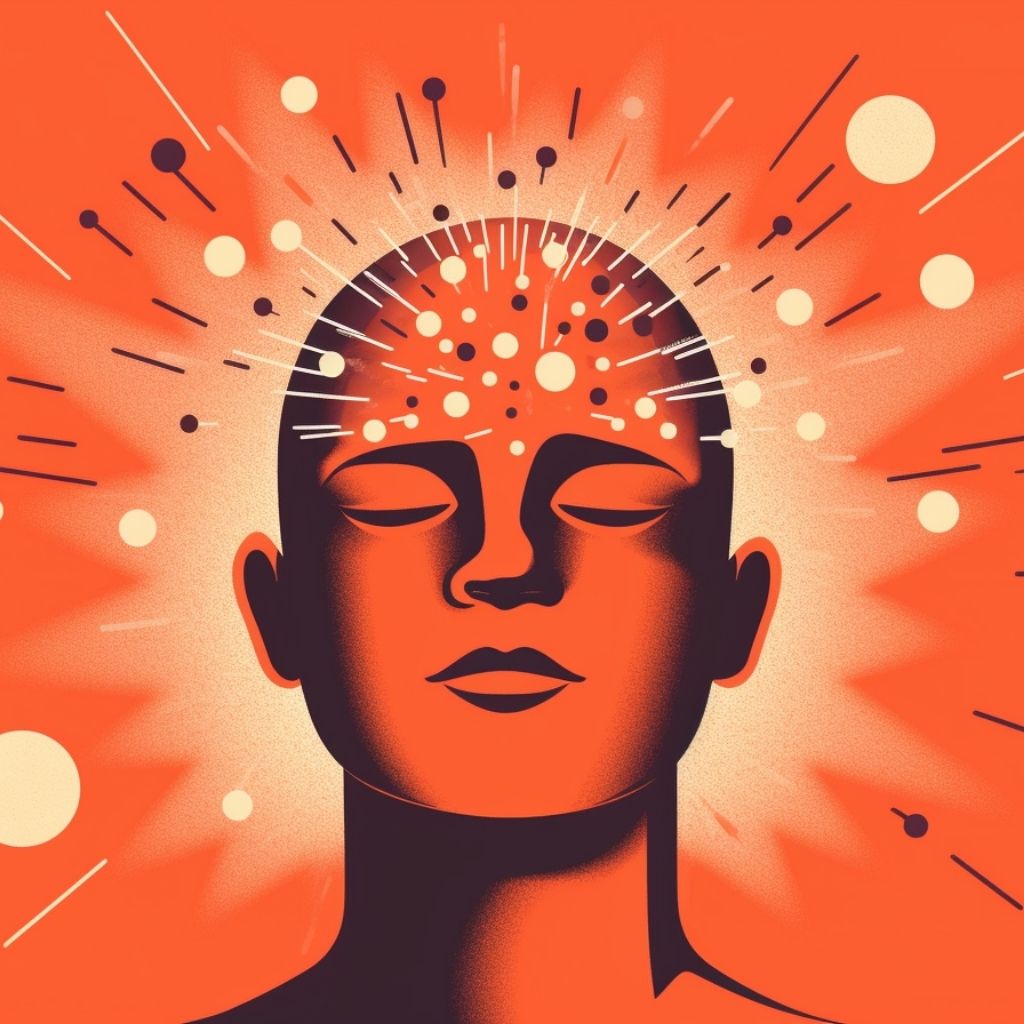
Medications
According to American Psychiatric Association (APA), antipsychotic medications are the mainstay of schizophrenia treatment. They help alleviate positive symptoms such as hallucinations and delusions and may also provide some relief from negative symptoms. There are two main types of antipsychotic medications:
- Typical Antipsychotics: These are older, first-generation antipsychotics, such as haloperidol and chlorpromazine. They are effective in reducing positive symptoms but may have more significant side effects, such as movement disorders.
- Atypical Antipsychotics: Also known as second-generation antipsychotics, these include medications like risperidone, olanzapine, and quetiapine. Atypical antipsychotics are associated with a reduced risk of movement disorders but may have other side effects, such as weight gain.
Individual Therapies
Psychotherapies play a crucial role in schizophrenia treatment, helping individuals manage symptoms, improve functioning, and enhance coping skills. Some effective individual therapies include:
- Cognitive Behavioral Therapy (CBT): CBT aims to identify and modify thought patterns and behaviors that contribute to distressing symptoms. It helps individuals challenge delusional beliefs, manage stress, and enhance problem-solving abilities.
- Family Therapy: Involving family members in therapy can improve communication, reduce conflict, and strengthen support networks for the individual with schizophrenia. Family therapy helps family members better understand the condition and enhances their ability to provide support.
- Assertive Community Treatment (ACT): ACT is a team-based approach that provides intensive community-based support to individuals with schizophrenia. The ACT team assists with various aspects of daily living, including medication management, housing, and employment support.
Group Therapies
Group therapies offer a supportive environment where individuals with schizophrenia can share experiences, learn from others, and practice social skills. Some beneficial group therapies include:
- Social Skills Training: This type of group therapy focuses on improving social interactions, communication, and relationship-building skills.
- Psychoeducation Groups: These groups provide education about schizophrenia, its management, and coping strategies. They aim to increase knowledge and empower individuals to take an active role in their treatment.
Self-Help Strategies
Self-care is essential for individuals with schizophrenia to complement professional treatment and enhance their overall well-being. It empowers individuals to take an active role in managing their symptoms, promoting recovery, and improving their quality of life. Here are 15 actionable self-help tips for individuals with schizophrenia:
- Stick to a Treatment Plan: Adhere to prescribed medication regimens and attend therapy sessions regularly.
- Learn about Schizophrenia: Educate yourself about the disorder to better understand your experiences and manage symptoms effectively.
- Identify Triggers: Recognize stressors or situations that exacerbate symptoms, and develop coping strategies to manage them.
- Practice Stress Management: Engage in relaxation techniques such as deep breathing, meditation, or mindfulness to reduce stress and anxiety.
- Set Realistic Goals: Break tasks into smaller, achievable steps to avoid feeling overwhelmed and increase a sense of accomplishment.
- Maintain a Balanced Routine: Establish a daily schedule that includes enough time for rest, activities, and self-care.
- Stay Connected: Maintain supportive relationships with friends and family, and communicate openly about your experiences.
- Limit Substance Use: Avoid or minimize alcohol and drug consumption, as they can worsen symptoms and interact with medications.
- Exercise Regularly: Engage in physical activities that you enjoy, as exercise can improve mood and overall well-being.
- Monitor Symptoms: Keep a journal to track symptoms, mood changes, and stress levels, which can help identify patterns.
- Join Support Groups: Participate in schizophrenia support groups to share experiences, receive encouragement, and learn from others.
- Develop Coping Strategies: Practice coping techniques for managing hallucinations or delusions, such as distraction or reality testing.
- Seek Employment or Meaningful Activities: Explore opportunities for work or volunteer activities to enhance self-esteem and social interaction.
- Prioritize Sleep: Ensure you get enough restful sleep each night, as sleep plays a vital role in mental health.
- Celebrate Achievements: Acknowledge and celebrate your progress and accomplishments, no matter how small they may seem.
HealWiser’s Last Piece of Advice
While schizophrenia can be challenging, with the right treatment and support, individuals can lead fulfilling lives. Seeking help from mental health professionals and participating in support groups can provide valuable resources and shared experiences.
Be patient and remain supportive, as positive reinforcement and empathy can make a meaningful difference in the journey toward recovery and improved mental health.
Share your experience with HealWiser and others in the comments section below this post.
Sources:
American Psychological Association






